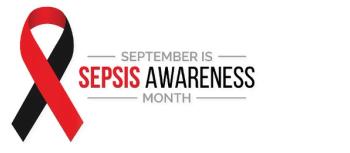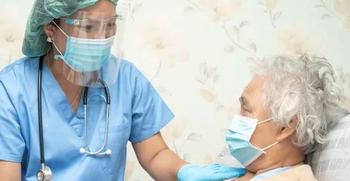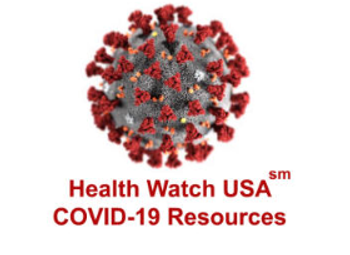
Infection Control Today's® Product Locator is a monthly column highlighting some of the latest advanced technology in the infection prevention field.

Infection Control Today's® Product Locator is a monthly column highlighting some of the latest advanced technology in the infection prevention field.

Infection prevention in pediatrics is crucial to keep babies and children healthy. Some of the main tools are hand washing and vaccinations; however, there is more to do.

What exactly does an infection preventionist (IP) do all day? One IP gives ICT’s readers an inside look.

Can antimicrobial products withstand day-to-day real-life wear and tear if the antimicrobial material is part of the product and not only a coating? A study in Switzerland tried to find out.

Using behavior modification to keep the hospitals' tiniest patients safer.

Infection preventionists and perioperative nurses should collaborate to track and share infection rate data and participate in interdisciplinary workgroups to emphasize patient safety amid burnout and staffing and supply shortages.

"Although we have numerous strategies for improving prevention and control in our facilities," Heather Saunders, MPH, RN, CIC, in her third and final of 3 series on the 3'Cs of how to be a successful IP. "All too often these strategies fall short of succeeding." Why? Lack of collaboration. Read on to see how IPs can use the 3 C's to be more successful IPs.

An innovative way to assess hand hygiene technique has been proposed in a new study by well-known infectious disease specialist, John Boyce, MD.

A sepsis diagnosis is expensive and deadly, and early detection and treatment are key to saving lives. However, sepsis is not always easy to diagnose early, so a new advanced analytics surveillance tool can increase the chances of an improved outcome.

Ambassador Deborah Birx, MD, an American diplomat and infectious disease expert, once again joins Infection Control Today®, this time to talk about President Biden’s recent comment that the pandemic is over, and what can be done to mitigate the circumstances.

Despite studies that show UV-C is effective and safe, some individuals still refuse to believe it, based on experience with or studies based on first generation UV-C technology.

Some individuals believe health care-associated infections data should be more transparent than what hospitals provide. How does the hospital leadership react to the publicly-reported data?

With COVID-19 beginning to surge, University of California, San Francisco (UCSF) Medical Center needed to create a response unit from what had been an inpatient nursing unit. A recent study explains how this conversion was effective and can stand as an example for other facilities.

With this declaration the United States is put on a list of countries circulating the viruses, specifically noted in Rockland County, NY, where the vaccination rate is low and surrounding areas.

Investigators have learned invaluable lessons from 2 and a half years of the COVID-19 pandemic, particularly on human immunity. Is natural infection better for long-term protection against COVID-19 or is vaccination? What does the data say?

Long-term care facilities were once normally happier places, but COVID-19 changed the individuals working and living there. PPEs, testing, overwork, underpayment, and too many isolations have chased health care workers away and forced the facilities' population to plummet. Can anything be done?

The workshop included members of the public, academics, and representatives of the pharmaceutical industry to discuss development of new medicines for preventing HAIs and antibiotic resistance.

Starting September first, the first of the autumn boosters began to be available, but individuals may be concerned about their efficacy and safety. Infection Control Today® looks at the data.